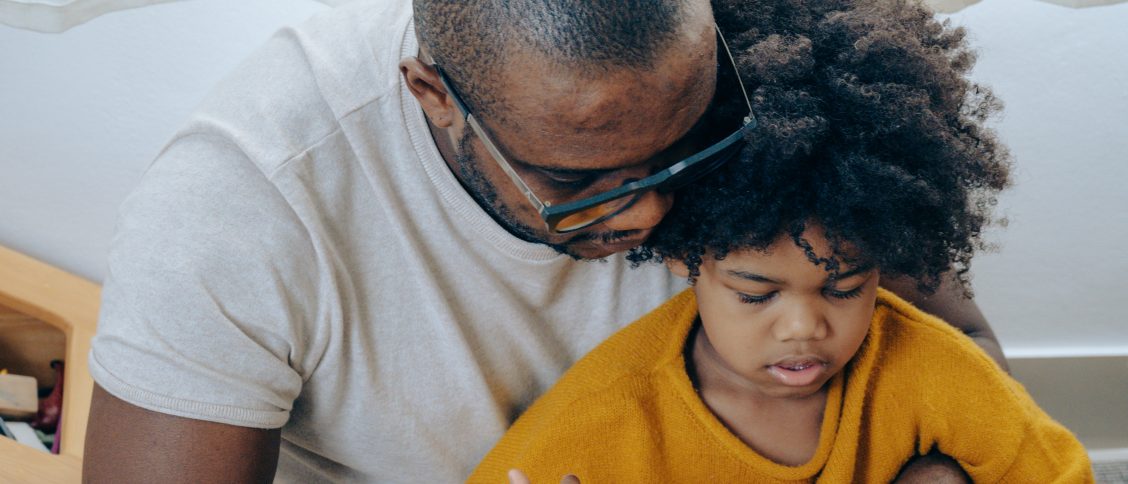As a parent, we all want our kids to always listen to what we have to say, act on it immediately, and even change their mindset about certain things. Many parents even fill my inbox asking me how they can make their children do this because they are unable to do it by themselves. I don’t blame them though. Our kids are mostly busy juggling lots of things in their minds and have so many priorities from math test preparations to football practice, making it so hard for them to give much attention to what you have to say.
Am going to take you through some easy tricks that you can apply to your kids from infancy to adolescence to make them listen and change their minds about certain things. Take a look.
READ ALSO: 7 WAYS DADS CAN HELP KIDS AVOID GENDER STEREOTYPE
Infancy: Be There For Your Baby
At infancy, the seeds of empathy are originally planted, and here is when neurological development is so sensitive to parental behavior. A lot of other systems are also developing in babies at this stage and the simplest of things like eye gazing, soothing speeches, and showing them that feeling of relief after the displeasure of a nasty diaper can truly work magic on your child.
We all know that neurons that wire together, fire together meaning that such simple acts can make the brain neurologically develop and become completely hard-wired to regulated social interactions which are one of the strongest building blocks of empathy. Being in your child’s life since day 1 can help in the healthy growth of your child.

Early Childhood: Lead By Example, Focus on Empathy
In early childhood, children tend to only understand things from their perspective and moral positions but not those good behaviors revealed to them by their families. This is how kids tend to figure out the world, it doesn’t show that your kid is bad. It helps parents nurture their kids in an empathetic behavioral way by modeling them well at an early stage. The most effective way to help shape your kids to become empathetic is to set an example as parents.
Listen keenly to what your kids and other people have to say, discuss making mistakes, talk about your feelings and express your emotions. Do this around your kids and they will learn the same positive behavior from the example you set for them. Children learn the emotional reality from others but the hard part is, they know that they can get into trouble but don’t truly internalize why they must behave.
Parents must try modeling and explaining why doing the right thing is important and productive in life. This helps children stay away from lots of trouble.
Giving your children some social stories may also help them understand and navigate through emotions swiftly hence grasping some important social norms like using the washrooms well, maintaining food etiquette habits, giving polite greetings, and also asking for help politely.
Grade Schooler’s: Model Behavior and Validate feelings
At this age, our kids tend to start internalizing what is right and wrong and some of their social circles may be a factor leading to future problems. Even at an older age,
your child still watches your behaviors and it should make you as a parent listens to what your children have to say and what feelings they have. Validating feelings is essential because it also helps teach your child how to brush them off and ignore those toxic negative feelings affecting them.

You see your child feeling so down and sad, ask them what’s wrong and what caused the issue. Let them be able to feel understood and able to express their feelings easily hence dish out the same positive behaviors and characteristics at a later stage in life.
This also helps in the sharpening of your child’s interacting skills and building strong empathetic behavior.
Adolescence: Get Your Kids Involved
In adolescence, children tend to have the ability to handle complicated moral ideas, and lying to them to protect their feelings may be a bad idea. This is a point in your child’s life where you don’t have to shelter them anymore but let them get involved in the outside world and open their minds and change their perspective on certain things.
Letting them help in the homeless shelter, raise funds for the less fortunate, teach low-income children for free, and helping out the old folks can help build a strong sense of empathy in your adolescent child. Seeing and learning about the trials and tribulations that other people go through can help your child change their mindset. It’s the real training ground for your children to use the skills you’ve been teaching them since they were toddlers.
- Why I Officially Married Her After 7 Years
- Why You Should Never Respond To Your Toddler In A Broken Language.
- How Contracting Chicken Pox Affected My Marriage
- Odd Jobs That Helped Me Survive COVID
- Do Men Need Paternity leave?
It reaches a point in time where your kids need to deal with issues by themselves, experience new productive perspectives, and learn how they can react. There is that feeling of worry that those traits may fall on deaf ears but it shouldn’t, t be the case. That demonstration of good listening, validating of emotions, and offering new experiences, may help your children acquire the perfect tools used to make the right decision.









